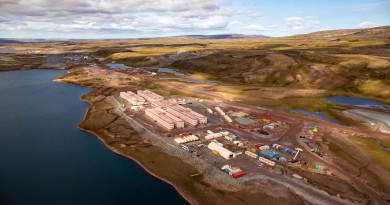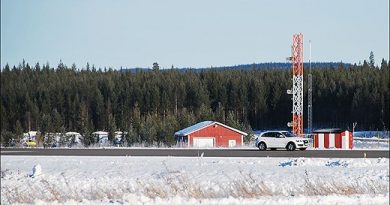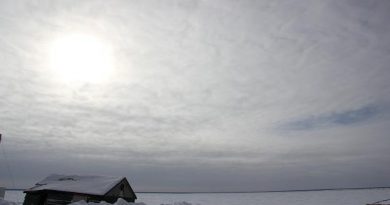N.W.T. diamond mine closures will hit Indigenous development corps. hard: report
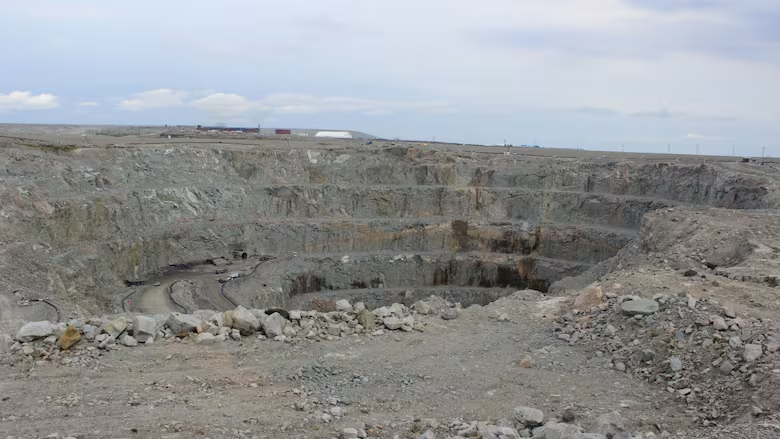
By
Analysis finds diamond industry generated $104M for 3 Indigenous development corporations in 2023
With the N.W.T.’s diamond mines facing an uncertain future, some Indigenous businesses are warning of the impact the mines’ closures could have on local communities.
Diamond mining brought in over $104 million in revenue to three N.W.T. Indigenous development corporations and created 355 jobs for local Indigenous people in 2023, according to a new report analyzing the impact of the diamond mines.
The report was commissioned by the Det’on Cho Group of Companies, Tłįchǫ Investment Corporation, and Metcor Inc., and done by economist Graeme Clinton. The companies are the economic arms of Tłįchǫ Government, Yellowknives Dene First Nation and the North Slave Metis Alliance, respectively.
Clinton found that jobs, both directly and and indirectly related to diamond mining, generated $39.6 million in income for Indigenous workers. Those jobs were spread across the communities of Yellowknife, Ndilo, Dettah, Behchoko, Whatì, Wekweeti, and Gameti.
Paul Gruner, CEO of Tłı̨chǫ Investment Corporation, called the figures “alarming.”

Gruner said with all three N.W.T diamond mines potentially approaching closure, the financial hit could be huge. He says it is like removing the major block that Indigenous corporations rely on to continue to function.
“It’s kind of like having a three-legged stool. If you remove one of those legs…how do you now overcome major revenue line items and employment?” Gruner said.
He said over the years, the revenue generated from mining increased the capacity of the Indigenous corporations to support other key projects and initiatives to support the communities.
This includes multi-year housing projects in the Tłįchǫ region, a community freezer project by North Slave Métis Alliance and Det’on Cho Logistics’ expansion into Nunavut and Saskatchewan.
“I think there’s been a really great deal of benefit that’s been gained by the Indigenous communities and the corporations,” Gruner said.
Gruner said the purpose of Clinton’s report is to raise awareness and engage with both territorial and federal governments to show the financial impact of the mines’ closures at the community level.
“It puts a face to it. It’s not just a line item. These are very real people, families that put food on their table every day,” Gruner said.
“Now we’ve got something that we can bring forward to the federal government.”
Gruner said the territory needs to consider what its economy might look like going forward. He said that includes looking at developing new mines for base metals, precious and critical minerals, and addressing infrastructure gaps to help get those minerals to market, he said.
That includes advancement of critical infrastructure like the Slave Geological Province Corridor, a $1.1-billion project that would see an all-season road built between mineral-rich areas northeast of Yellowknife and western Nunavut. The territory is currently preparing to enter the environmental assessment phase for the proposed project.
Outlook isn’t great
Leigh-Anne Palter is the CEO of Denesoline Corporation, the economic arm of Łutsel K’e Dene First Nation. She says her community is small, remote and has already suffered at the hands of its former CEO, Ron Barlas, who was found by the N.W.T. Supreme Court last year to have “abused” his position by funnelling millions of dollars from the Denesoline Corporation.
“The outlook isn’t great for this community in particular,” Palter said.
The First Nation has about 800 members, and around 300 live in the community itself, which is on the east arm of Great Slave Lake, about 150 kilometres from Yellowknife.
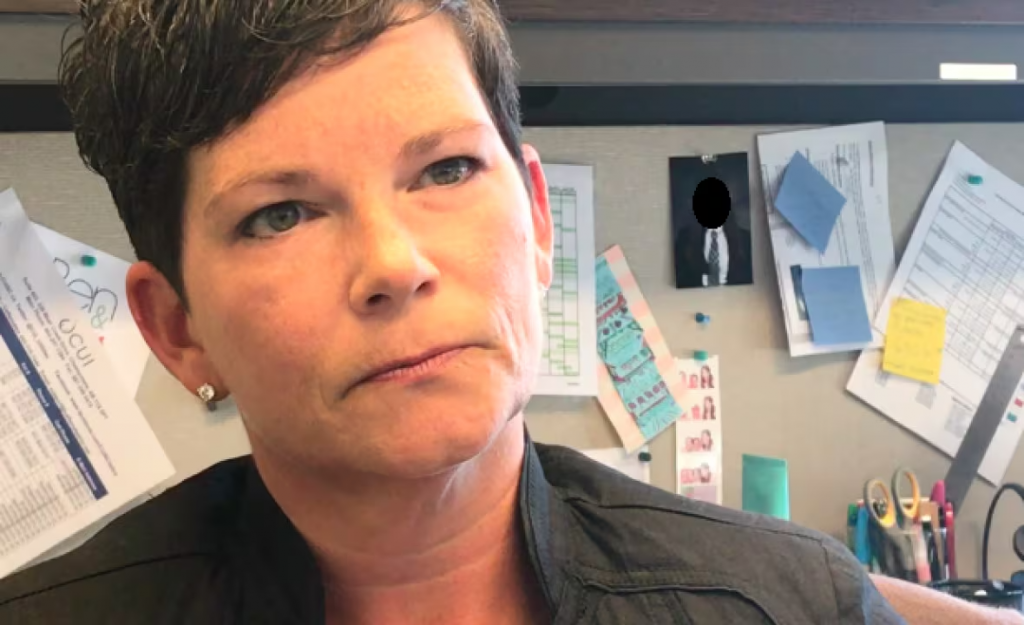
Lutsel K’e is one of the closest communities to the N.W.T. ‘s three active diamond mines and it has some form of impact benefit agreement with each one.
Palter said without an active and viable mining industry or similar sort of industry to take its place, “it would be a very significant impact.”
She said the workers who are already trained and working in the mining industry could go elsewhere if the territory doesn’t have an industry to provide opportunities to support them. That would then make it even more difficult to reconstitute a viable mining industry in the North.
“We don’t want to lose all the gains of past decades in terms of training people, creating good businesses to have them,” Palter said.
Palter says with new government policies and tax breaks aimed at propping up the territory’s diamond mines, things are looking more hopeful. She also pointed to some northern MPs, including N.W.T.’s Rebecca Alty, being named to the federal cabinet.
“With the election now behind us…I see those as all great signs,” she said.
The territorial government’s decision to temporarily reduce property taxes paid by N.W.T. mines is also “very helpful,” she said.
“[It’s] precisely the sort of action that we had been suggesting could be taken to help with sort of the near-term concerns, as we work toward the longer term solutions,” Palter said.
Related stories from around the North:
Canada: New mining legislation for N.W.T. expected to come into force in 2027, CBC News
Sweden: Swedish developer GRANGEX buys iron ore mine on Norway’s border to Russia, The Independent Barents Observer
United States: Budget reconciliation bill clears a path for Alaska drilling, mining, Alaska Public Media

